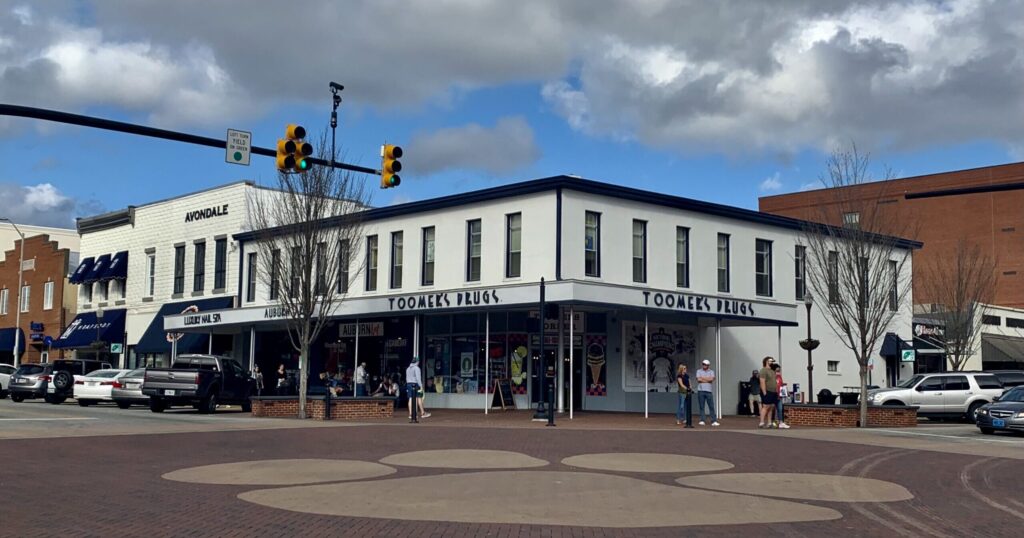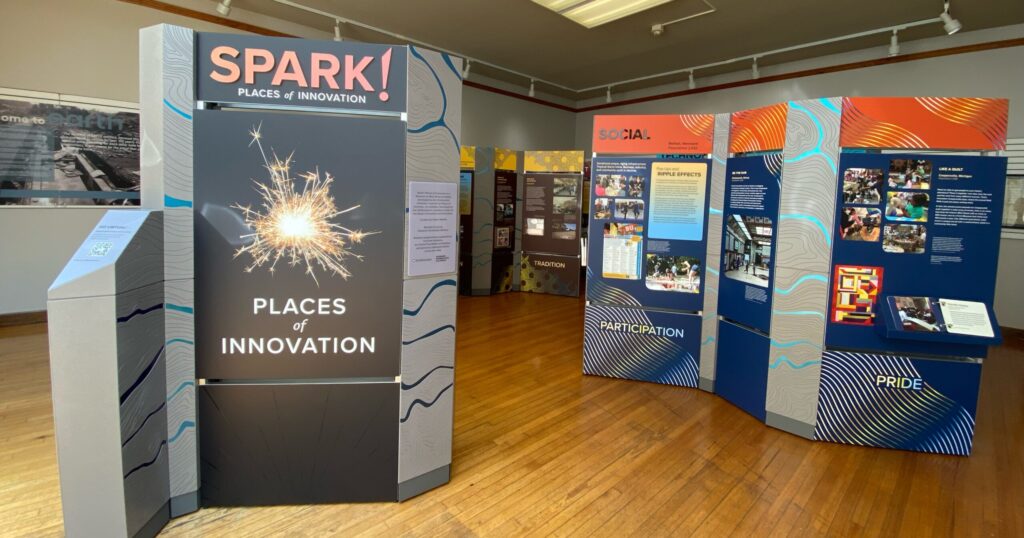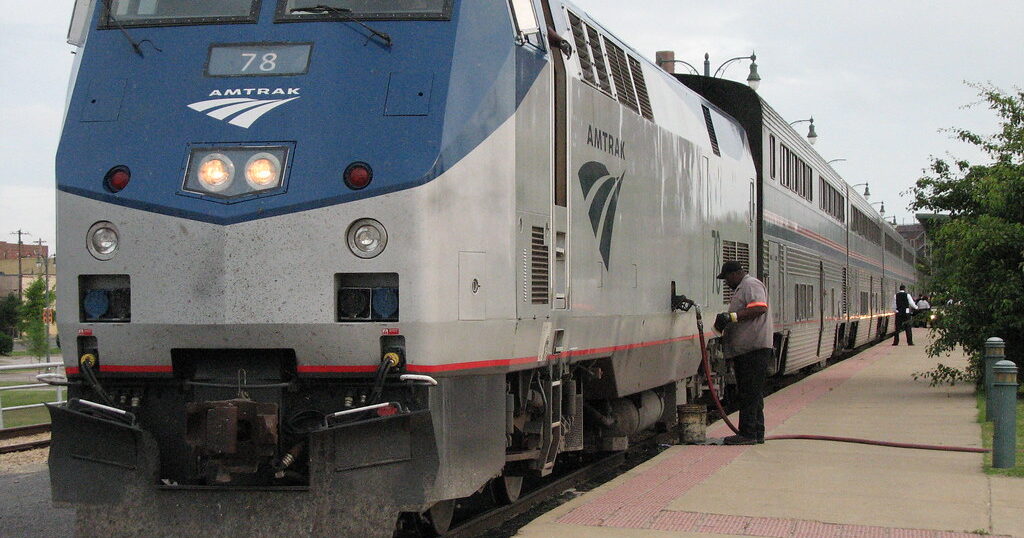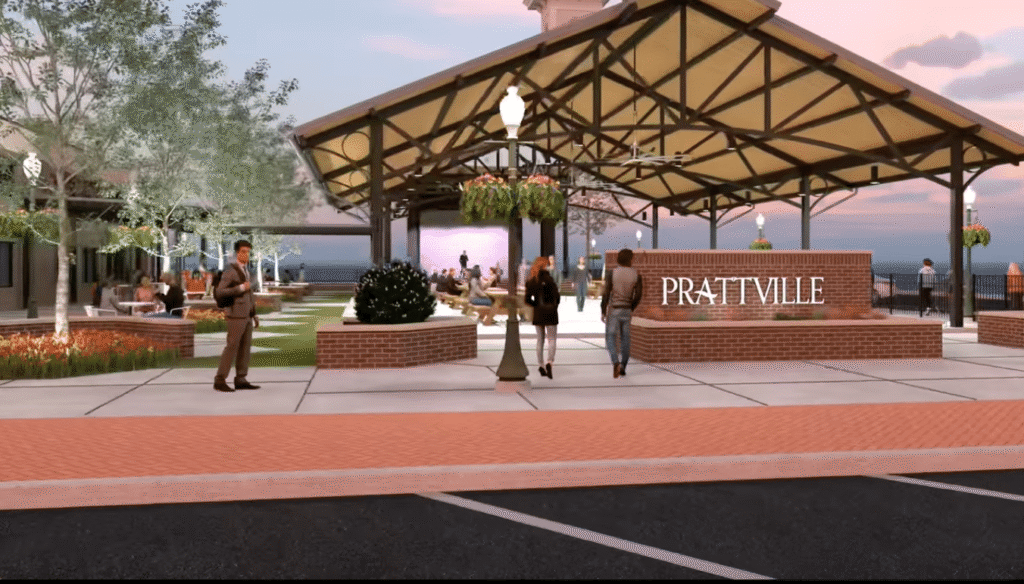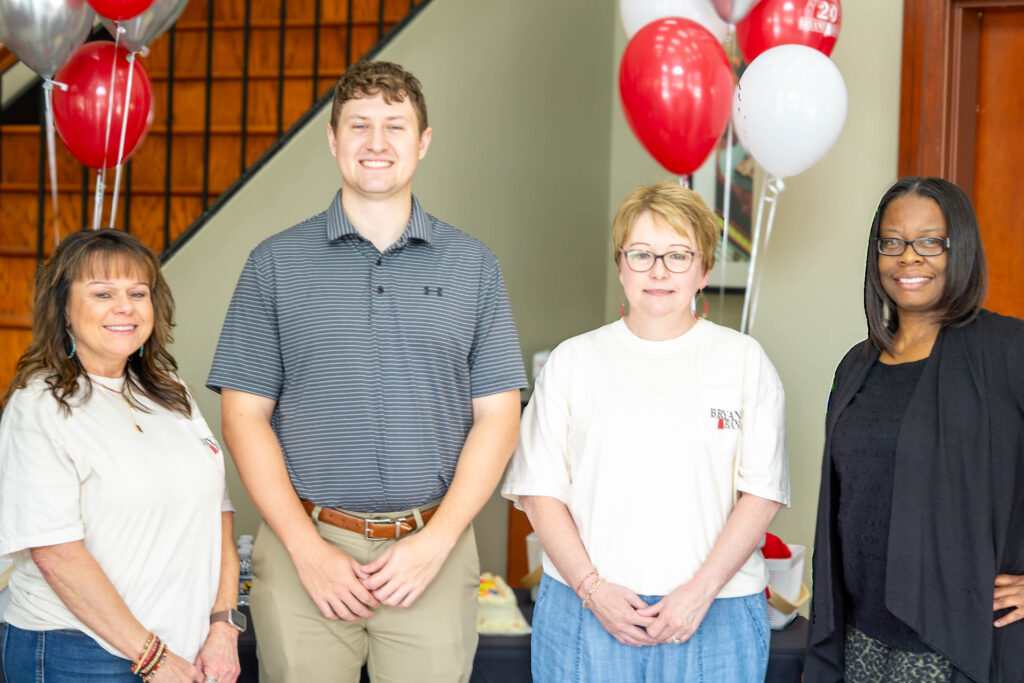Human trafficking in Alabama isn’t what you think—how to spot it + what you can do to stop it
Reading time: 11 minutes

Today is Alabama’s 8th annual Human Trafficking Awareness Day, and lest you think this piece has nothing to do with you, let me ask you this: do your kids play video games? Are they on social? If so, you need to keep reading.
Not in somebody else’s back yard
According to END IT Alabama, a project of the Alabama Human Trafficking Task Force,
“Human trafficking is the fastest growing and second largest criminal activity in the world. Alabama’s I-20, I-85, I-10 and I-65 are major corridors for human trafficking. Specifically, I-20 has been identified as the ‘superhighway for human trafficking in the United States.’ These interstates bring significant trafficking activity into Alabama.”
Here’s how they define trafficking:
Human Trafficking is a form of modern-day slavery where people profit from the exploitation of others. Victims of human trafficking can be men, women or children of all races, nationalities and socioeconomic backgrounds
END IT Alabama, a project of the Alabama Human Trafficking Task Force
We all think we know what trafficking is
But it’s not that. To raise awareness, we decided to go back to a story I wrote a while back for our sister publication Bham Now.
Until I started on that story, I didn’t know much about human trafficking in Birmingham or in the state of Alabama. Like a lot of people, I’d heard that I-20 was a big trafficking highway. But I always associated that with kidnapping and Amber alerts. Once I started talking to people, I learned a lot of things that surprised me.
First, I’ll share a few things I learned. Next, I’ll introduce you to some of the good people and organizations that are working on this issue. Finally, I’ll give you some concrete actions you can take starting today.
1. What exactly is human trafficking?
According to Chapple Watkins of The WellHouse:
“As defined by the Department of Homeland Security’s Blue Campaign, human trafficking is the use of force, fraud, or coercion to exploit someone for labor or commercial sex.
Any minor exploited for commercial sex is a victim of human trafficking.”
Not all commercial sex with adults is trafficking. It has to involve the use of force, fraud or coercion to qualify. With minors, the law states that all commercial sex = trafficking because a minor (anyone under 19 in Alabama, 18 in other states) can’t legally provide consent.
2. Across the state of Alabama, human trafficking’s a big deal

Watkins explained:
“Human trafficking is a major issue in Birmingham, across Alabama and in the region. In fact, in the United States, forty percent of human trafficking occurs in the Southeast.
I-20 is THE most heavily trafficked stretch of interstate in the U.S., as confirmed by Homeland Security Investigations Resident Agent in Charge Doug Gilmer. The 140 mile stretch between Birmingham and Atlanta is known as the ‘sex trafficking super highway.’
The junction of I-20 and I-59, and I-65 in Birmingham also makes the city a central exchange for trafficking activity.”
3. Human trafficking isn’t just for sex, though. It’s also for labor or for domestic servitude.
Which means that the person working on the roof, preparing food in a restaurant or cleaning that hotel room may not be acting on their own volition. Read more human trafficking myths and facts here. But for this article, we’re focusing mostly on CSEC: the commercial sexual exploitation of children.
4. While vulnerable young people are most at-risk, anyone can be trafficked.

Carrie Hill, Juvenile Probation Officer and Human Trafficking Liaison at Jefferson County Family Court, said this:
“When we’re talking about children, we’re often talking about high risk kids.
And, this can affect anyone. I can’t tell you what a victim looks like. It can be anyone from any community, ethnic group, or part of the country. From Mountain Brook to Ensley, this affects everybody.”
These are some of the risk factors Hill named:
- involved in DHR system
- placed in foster or group homes
- limited adult supervision
- history of trauma (including being taken from your own home which is traumatic)
- history of sexual and/or physical abuse
- runaways / homeless youth
- substance abuse, family history of substance abuse
- young women
learn that their body is something they can use for money
usually begin between 11-14 - young men are taught not to talk about abuse / be a man / deal with it
usually begin between 9-13 - queer and trans youth are also vulnerable, because they often experience rejection by their families, churches, schools and communities
But remember, it’s not just high-risk youth.
5. It’s not kidnapping, abduction or human smuggling.

Those are actually different things.
6. Social media and online games are a big way young people get involved in trafficking.

According to Julia Meyers, Chair of the Junior League of Birmingham’s Anti-Human Trafficking Committee, “it’s more likely for young people to be courted via social media.”
Apparently, Facebook and Instagram are both good places for people, often older men, to strike up imaginary “relationships” with young people who then believe they have an older boyfriend who wants to go on a trip with them out of town. For parents of young guys, Minecraft and Fortnite are on the list, too.
“Running away” then looks like leaving home to “meet the boyfriend in New Orleans.” No coercion was involved, just expert grooming. But, because the person’s a minor, it’s trafficking.
Jan Bell, former Executive Director of the Children’s Policy Council of Jefferson County elaborated:
“Social media has been a game-changer. It’s provided access, anonymity and a way that complete strangers can have intimate personal contact with minors. In the past, pastors, coaches, relatives, friends, babysitters, anyone where there’s a physical proximity would have had personal contact with young people. Now it is different.”
Parents, note that these conversations happened before the pandemic and all our kids started spending more + even more time online.
7. A young person doesn’t have to leave their home to participate in trafficking.
Bell explained further that child trafficking doesn’t have to actually be physical or in-person.
“Trafficking can be a live broadcast of a child in explicit situations. There is no physical contact, and it’s completely anonymous.”
Also, chat rooms in online games. Hill encouraged parents to “get nosy with your kids’ social media.” Know what apps they’re on, check in on their accounts regularly, and know when and where they’re in chat rooms.
Games that supposedly don’t allow anyone over the age of 13 have no way of enforcing upper age limits. One Hoover mom found her 9-year old daughter was being groomed by an older man in another state to come live with him. Not cool.
8. Many adults involved in trafficking got involved as young people.

I was shocked to learn that many parents sell their children as young as age three to traffickers. Advocates are working to train police officers so that when they see an adult prostitute, they realize she or he most likely began as an extremely vulnerable and abused young person.
9. We can shine a light on human trafficking by talking about it.
We all have a lot to learn. Talking is a good place to start, whether it’s with your coworkers, family, religious organization or school. Here are some resources to get you started:
Mayors across Alabama have declared January 2022 as Human Trafficking Awareness month via signed proclamations
According to END IT Alabama, these places have already joined the National Human Trafficking Awareness Month effort:
- Aliceville
- Brundidge
- Gadsden
- Grove Hill
- Monroeville
- Orange Beach
- Tarrant
- the Town of Hodges
- the Town of Ohatchee
- the Town of Pisgah
- the Town of South Vinemont
- the Town of Susan Moore
Back in 2019, we wrote about how 31 local municipalities in the Greater Birmingham Area joined the Junior League of Birmingham’s fight against human trafficking.
Signing proclamations later in the month
- Alabaster
- Athens
- Huntsville
- Madison
Trafficking Free Zones (as defined by the U.S. Institute Against Human Trafficking)
Trafficking Free Zones aim to decrease the demand for trafficked victims in a few ways:
- Organizational training
- Signing a written pledge
- Enacting policy changes
- Publicly sharing the commitment to help end trafficking
Here are the areas within Alabama that have been declared Trafficking Free Zones, according to END IT Alabama:
- Lee County
- Alexander City/Dadeville
- Birmingham
- Camp Hill
- Center Point
- Cullman
- Gardendale
- Homewood
- Hoover
- Irondale
- Mountain Brook
- Northport
- Opelika
- Oxford
- Pinson
- Trussville
- Vestavia Hills
10. Learn—and help the young people in your life learn—about trafficking and social media.
Start with this quiz. I considered myself pretty savvy, and I scored a 3 out of 5. Clearly, I have a lot more to learn on this issue, as do we all.
Then, take this pledge. Then share it with the people in your world—your family, your school, your religious community, by all means your kids. Start, and keep, the conversation going.
Here’s a good starting point. And here’s a good place to go to learn more.
11. Let any young people in your life know they can talk to you.
Hill shared one common scenario with me. It goes something like this. A female teenager “meets” an older “boyfriend” online. She goes out of town with him on a trip, where she is given alcohol and likely drugged. She then participates in sex acts that the “boyfriend” films. In the morning, he shows her the tape and tells her he’ll post it on social media, show her parents and show her church if she doesn’t do what he tells her.
Hill explained that to a teenager, this feels like the literal end of her world. She doesn’t see that it is a temporary situation that will be rough in the short term, but with the right support, she can get past it. So she gets drawn deeper and deeper into a life she never wanted.
Let the young people in your life know they can talk to you if they get in trouble and you will believe them and get them help.
12. Get someone to come in and talk to your groups about human trafficking.

There are a lot of people working in this space who will be more than delighted to come and speak with your church group, youth group, company or other group.
13. Get to know some of the local people and groups working on human trafficking.
- Children’s Policy Council of Jefferson County serves as a clearinghouse on this issue. Tel: 205-325-5445.
- Carrie Hill, Juvenile Probation Officer and Human Trafficking Liaison, Jefferson County Family Court
- Julia Meyers, Junior League of Birmingham’s Anti-Human Trafficking Committee chair
- The WellHouse—founded by a survivor of human trafficking, they have a 5-facility, 63-acre campus that has served over 400 victims of human trafficking. If you or someone you know needs The WellHouse, please call us toll-free at: 800-991-0948.
- Doug Gilmer, Department of Homeland Security
- END IT Alabama
- and many, many others
14. If you suspect human trafficking, make 2 phone calls.
- Call the National Human Trafficking Hotline, run by a nonprofit called Polaris: 1-888-373-7888. Or text 233733. According to people in this space, they do a great job of vetting calls, and they coordinate with local authorities.
- Call 911. This will ensure the person gets help faster.
Human trafficking is a big problem in Birmingham and across the state of Alabama. By talking about it and continuing to educate ourselves, our kids and our communities, we can go a long way to preventing the problem from happening.

 12276 views
12276 views
